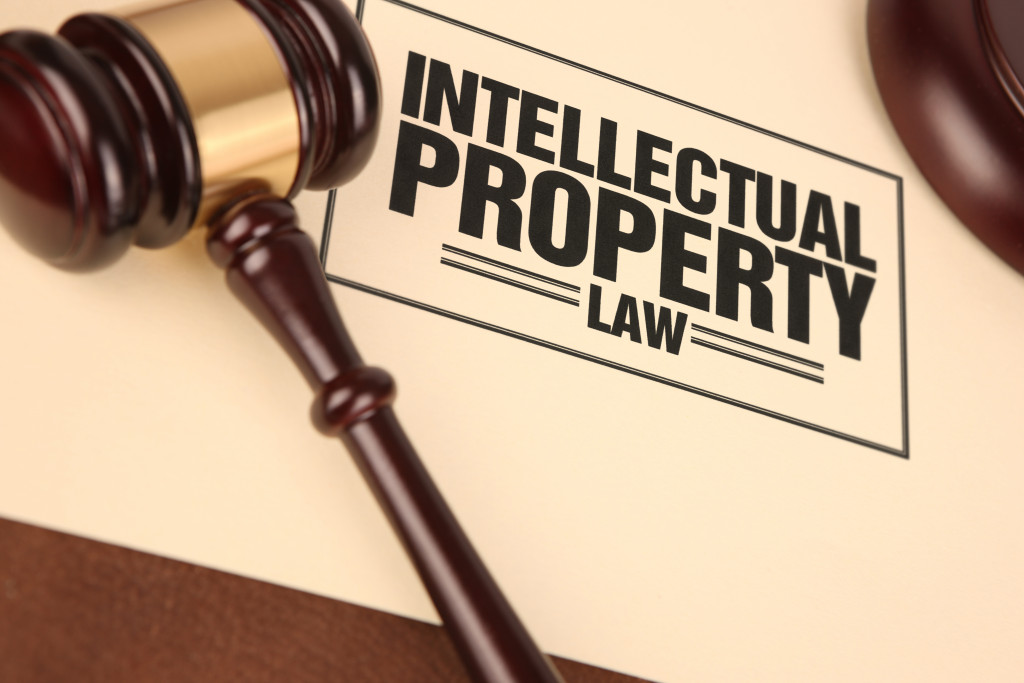2021 is, without question, just one unique time. We are still in the middle of an epidemic, and many countries remain in an emergency. The global rollout of vaccinations is on the radar, and the world economy remains robust despite unclear trade challenges. To keep up with the fast-changing intellectual property compliance and brand protection climate in 2021, additional attention and, in many instances, activity reorganization will be required.
Trial dates had been moved back, as had filing deadlines, and everything was in turmoil as other states and nations passed their laws. The changing legal environment, especially in the intellectual property sector, is inclined to maintain in 2021, as a wider variety of changes arise due to digital technology’s fast advancement.
In this article, we will discuss predictions for significant IP developments in 2021, varying from the COVID-19 pandemic heading increased revenues in digital technologies such as live-streaming systems, soaring businesses’ attention in copyright claims as brands take to the virtual environment as they increasingly depend on this channel to sell their companies, and the increasing use of AI.
Remote Work
The globally imposed change in how people operate has had an impact on IP Analysts and how they execute brand warranties:
Businesses are constantly debating whether inventors need to be present in the workplace to complete their duties owing to internationally mandated work-from-home rules to fight COVID-19. Furthermore, the pandemic showed that not all innovators need to be present in the workplace to do their tasks.
A rise in Actions Against Counterfeiting
There were numerous reports of counterfeit manufacturing and supply of pandemic necessities related to PPE (antiseptics, detergents, cleansers, shields, and sanitizers) in the year 2020, and this is expected to continue through the end of 2021.
IP advisers and customs regulatory authorities worldwide are actively working with PPE-related big brands, and most of these brand owners are expected to integrate in-house IP lawyers to further battle and protect COVID fighting goods. Having a continuous supply of genuine Covid protection products on hand is a critical worldwide need.
The distribution of vaccinations to the majority of the world’s population brings with it a new challenge: How Do We Prevent and Mitigate Counterfeit? Immediate action requires the cooperation of pharmaceutical manufacturers and distribution/supply chain networks, many of which originate in China and India.
While intellectual property adherence is often used to stop illegal chemical production and transit of pharmaceutical-based products, relevant patents may no longer apply. Given the short period since its discovery, there is a notable reluctance to seek intellectual property protection for vaccination formulations. Consequently, there is very little intellectual property protection over new and successful vaccines, leaving the business vulnerable to the development of less expensive alternatives.
Counterfeit COVID-combating goods may potentially be hazardous to human receivers if they are deemed poisonous. And even if they aren’t dangerous, they will most likely be ineffective against the virus, allowing the illness to spread farther among the people. We haven’t heard of any noteworthy instances involving fake vaccines. The whole world, however, must stay alert and watchful.
Artificial Intelligence in the Spotlight

Many aspects of our lives, including our houses and healthcare, are on their way to being changed by artificial intelligence (AI). AI is already widely used in online research and home devices with voice recognition, and it becomes much more common in the future years.
Several IP property institutions are seeing a rise in the use of AI to assist patent and trademark searches, and this trend is expected to continue in 2021. In retrospect, we predict that innovators, IP-focused attorneys such as a software patent lawyer, and judicial theorists would have focused their efforts on starting conversations on compelling intellectual property administrations around the world — and the lawmakers who create the legislation and rules that govern them — to provide the general public with a platform to grant inventor st
While the reasoning may seem theoretical, it has practical consequences. The transition to entirely using AI in IP has started, but it must speed up the pace. So that we can keep up with the breakneck pace at which the world around us is changing.
The start of a new decade has arrived, and the first few months have been a mix of routine and chaos. Several innovations are essential to the area of Intellectual Property that falls somewhere in the center of that range. For the time being, it is unclear if IP’s transformation will occur at a breakneck speed or a more steady pace. Still, 2021 is expected to bring remote work, greater enforcement against counterfeits, and artificial intelligence, among many other developments.


